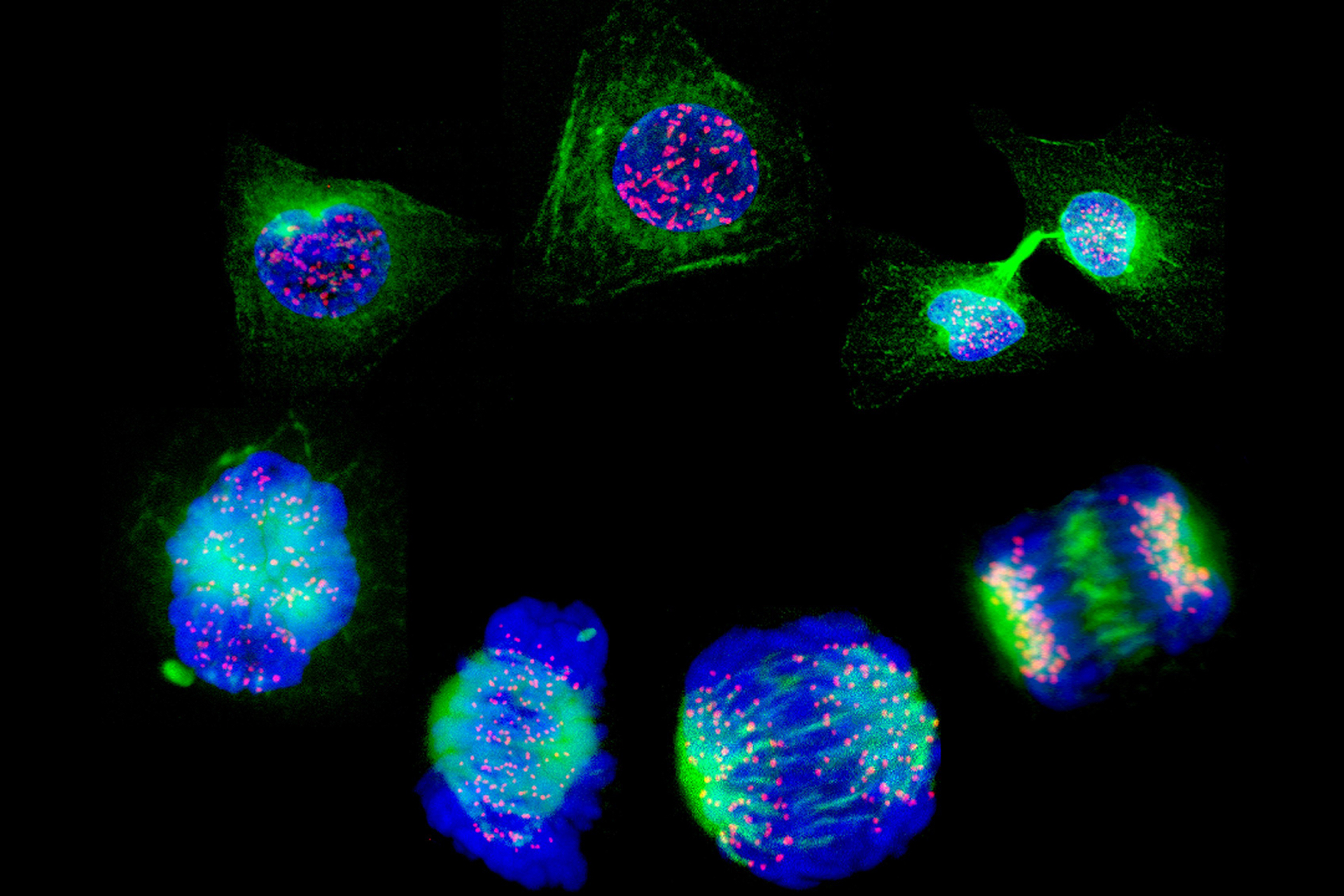A novel gene therapy which uses base editing to lower cholesterol has been given to the first patient in a clinical trial.
The treatment uses CRISPR base editing to target a single base, deactivating the gene PCSK9 in liver cells, which in some people causes high levels of low-density lipoprotein (LDL) cholesterol. High levels of this 'bad' cholesterol cause arteries to clog and harden over time, resulting in atherosclerotic cardiovascular disease (ASCVD) causing heart attacks and strokes.
'VERVE-101 is a… gene editing medicine… designed to make a single spelling change in liver DNA to permanently turn off a disease-causing gene' said Dr Sekar Kathiresan, CEO of Verve Therapeutics in Massachusetts, who developed the drug. 'The dosing of the first human with such an investigational base editing medicine represents a significant achievement by our team and for the field of gene editing,'
The patient, who is in New Zealand, is part of an ongoing clinical trial on patients with the genetic condition heterozygous familial hypercholesterolemia (HeFH), which causes them to have abnormally high levels of LDL cholesterol that do not respond to lifestyle interventions such as diet and exercise. The clinical trial plans to eventually enrol 40 adult patients with HeFH and evaluate the safety and tolerability of the treatment.
Animal experiments showed the treatment lowered LDL cholesterol by 60 percent, with this change lasting at least a year, and the results could be permanent. However the therapy uses nanoparticles – which are somewhat toxic – to transport the genetic instructions into the cell; and side effects, such as muscle pain, have been reported by patients taking other drugs that lower PCSK9. Furthermore, while ordinary drugs can be stopped if problems arise, gene therapies are currently irreversible.
Despite these caveats, Verve Therapeutics believes their therapy could eventually be used on millions more, not just HeFH patients, to lower LDL cholesterol and treat ASCVD.
Dr Eric Topol, a cardiologist and researcher at Scripps Research Institute in California, who is not involved in the study commented: 'Of all the different genome editing ongoing in the clinic, this one could have the most profound impact because of the number of people who could benefit.'
Sources and References
-
Verve Therapeutics doses first human with an investigational in vivo base editing medicine, VERVE-101, as a potential treatment for heterozygous familial hypercholesterolemia
-
Edits to a cholesterol gene could stop the biggest killer on earth
-
Verve starts trials of cholesterol drug in test of base editing technique
-
Verve tests first one and done genome editing treatment for hereditary killer





Leave a Reply
You must be logged in to post a comment.